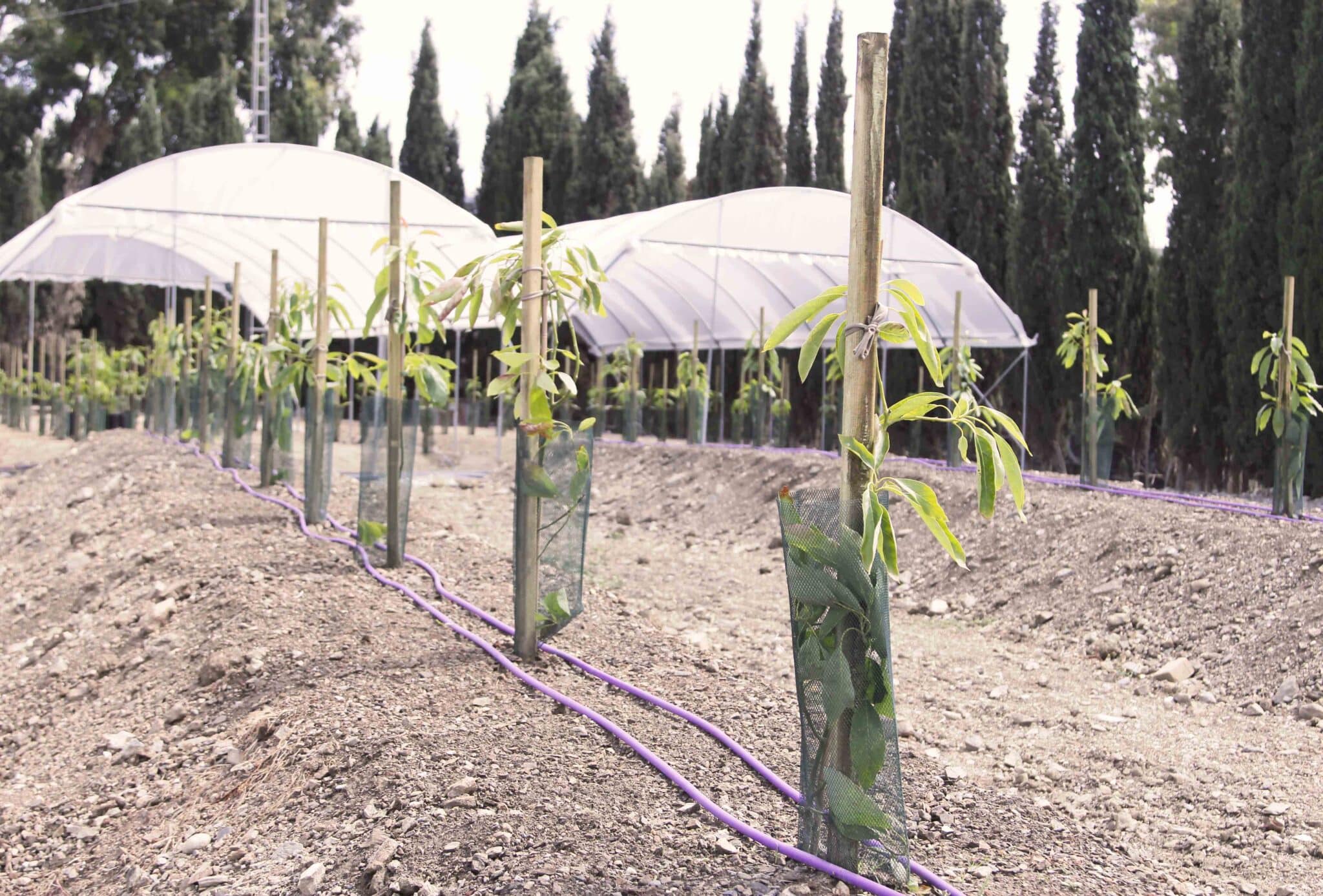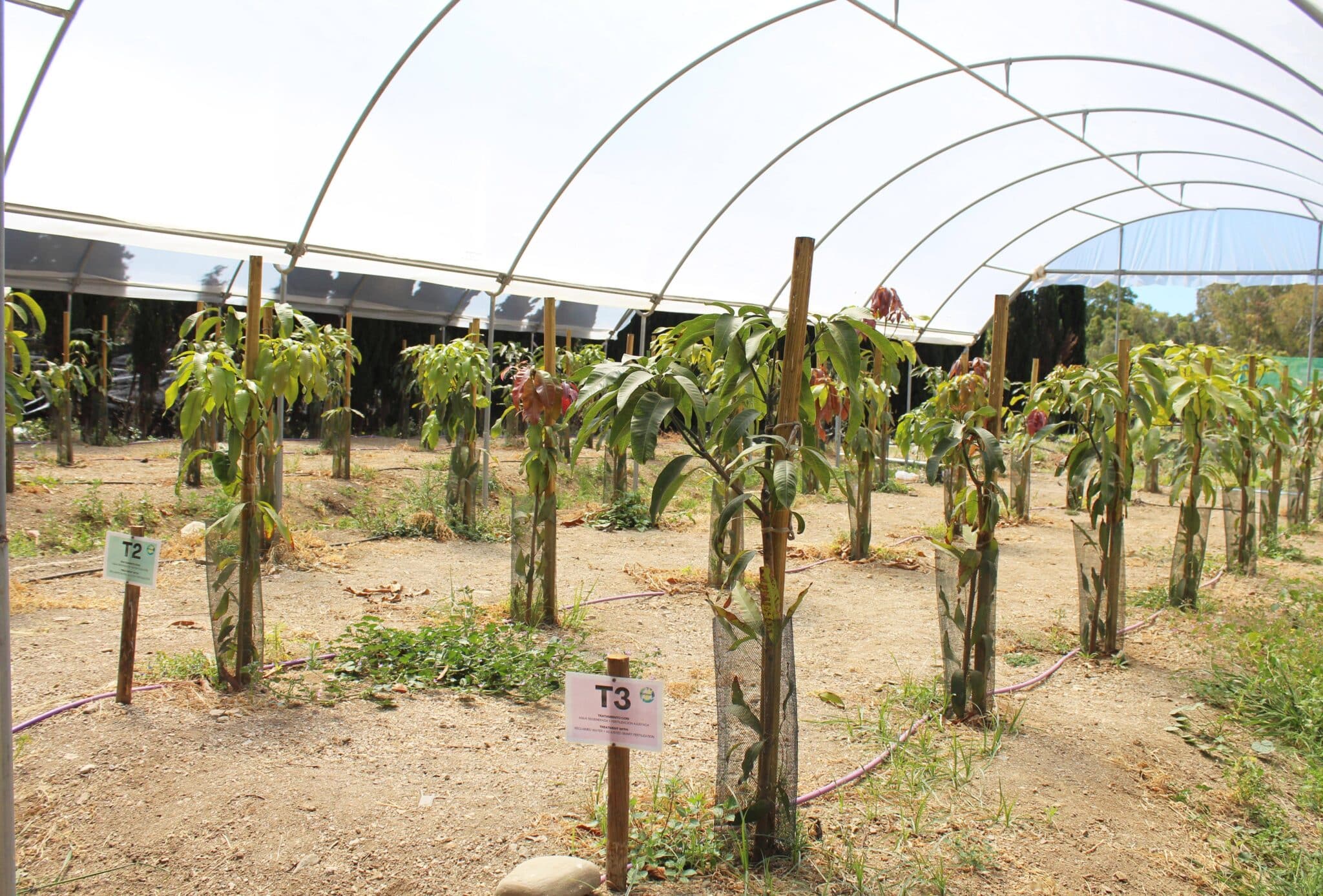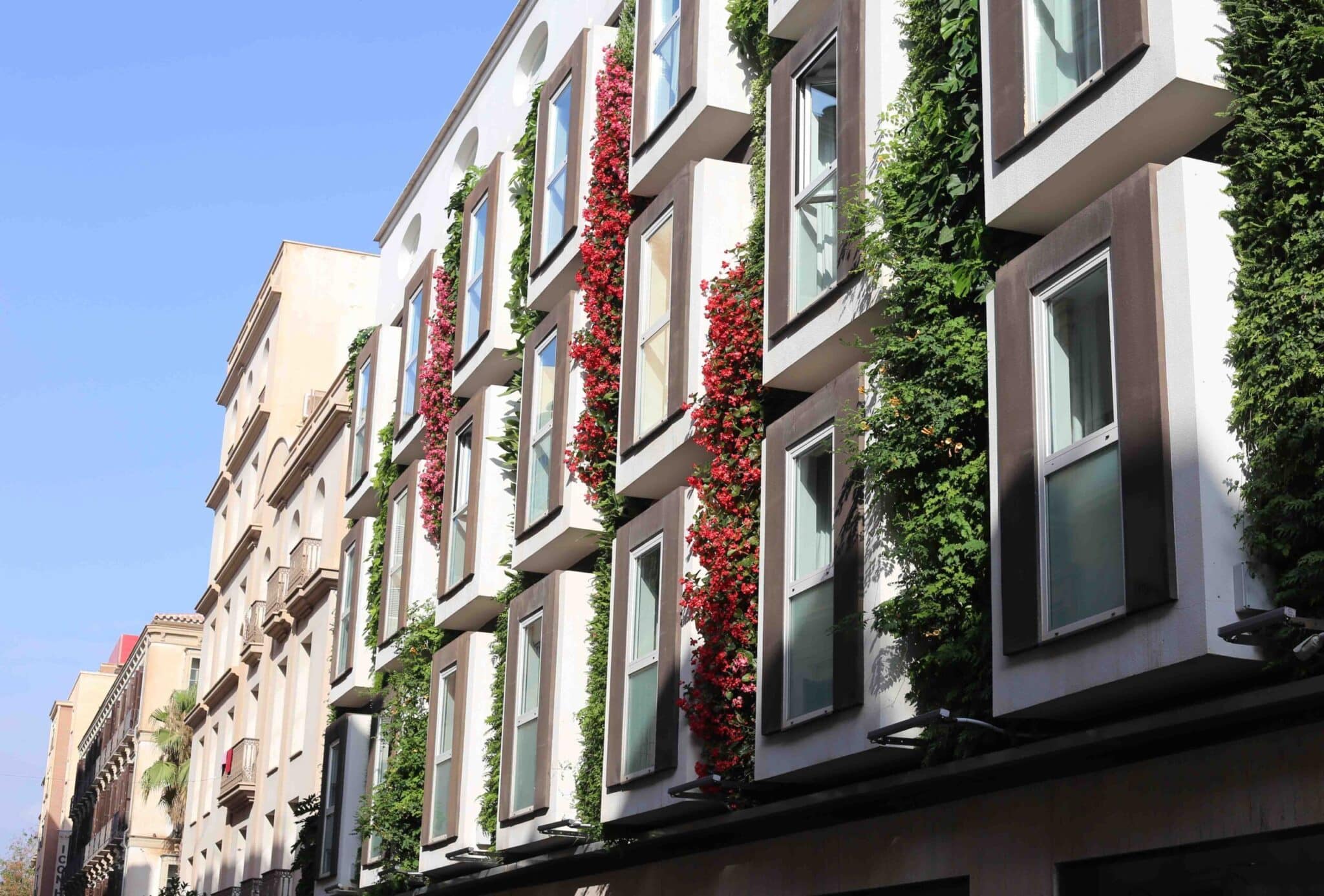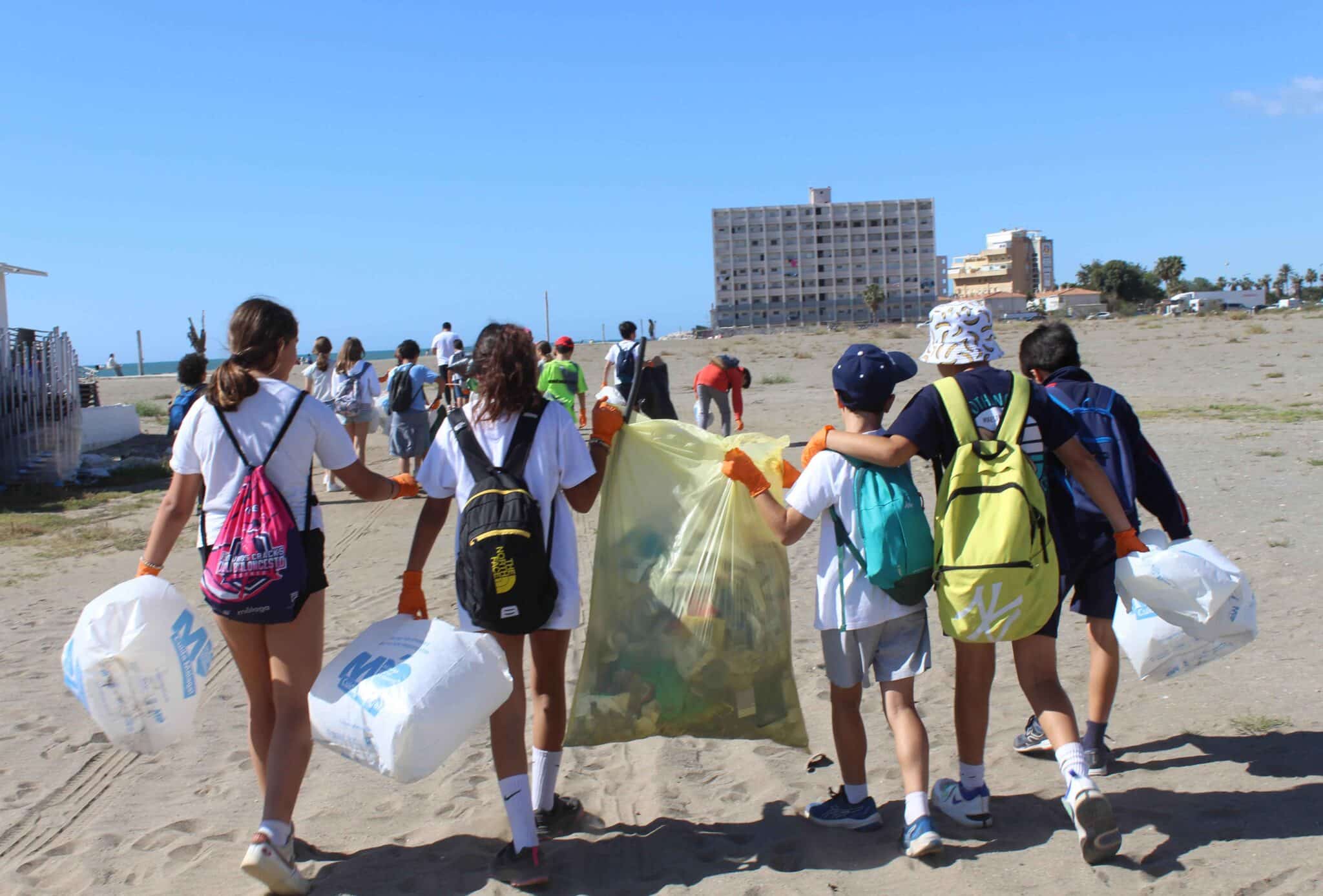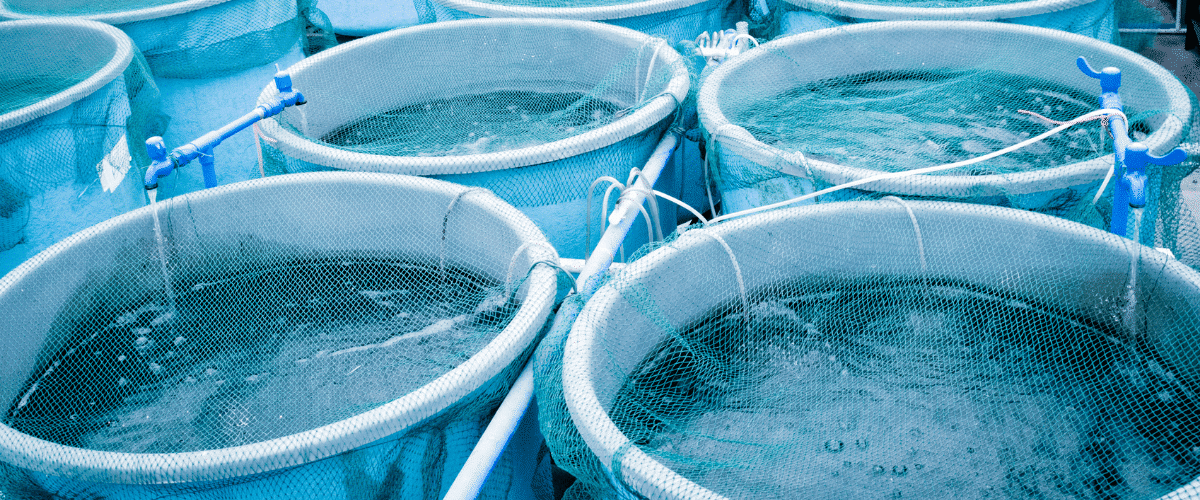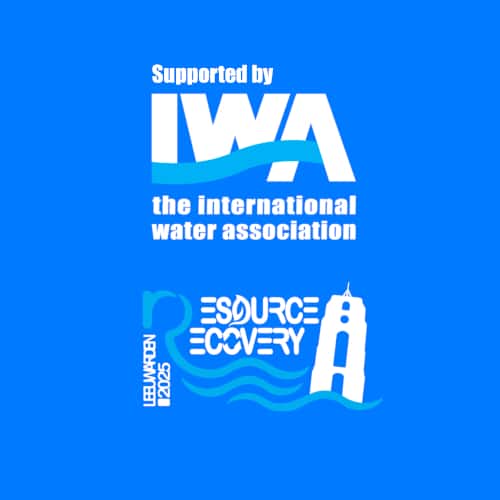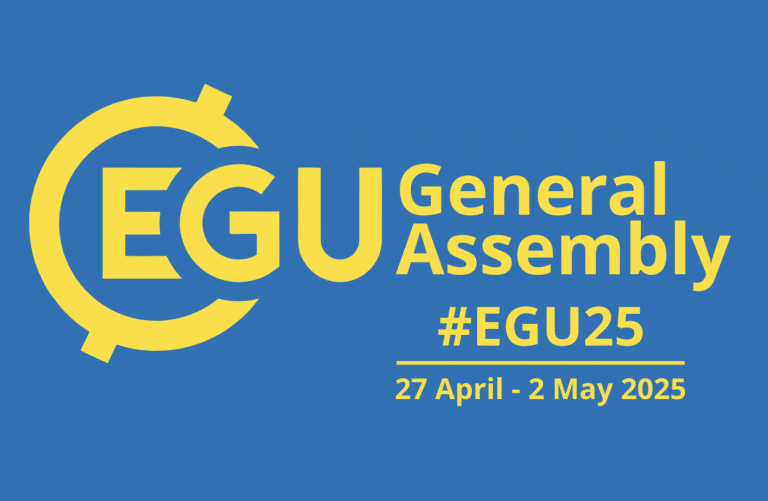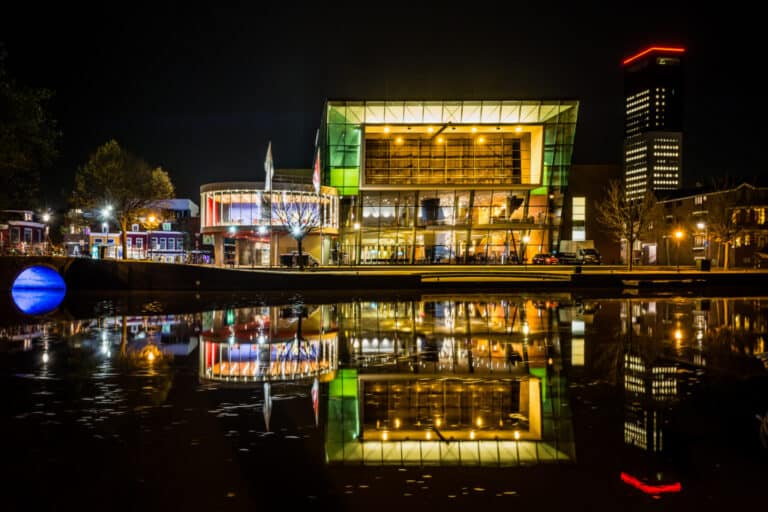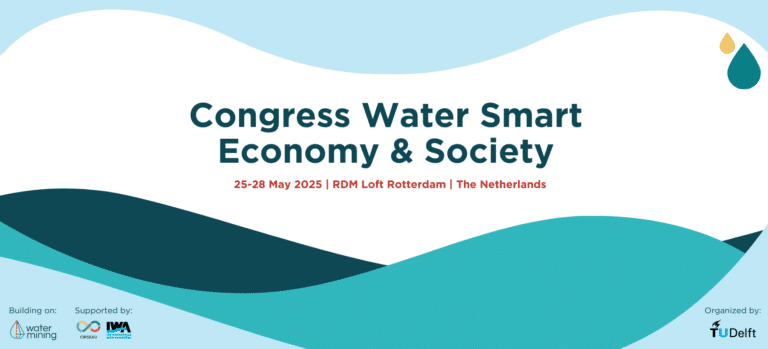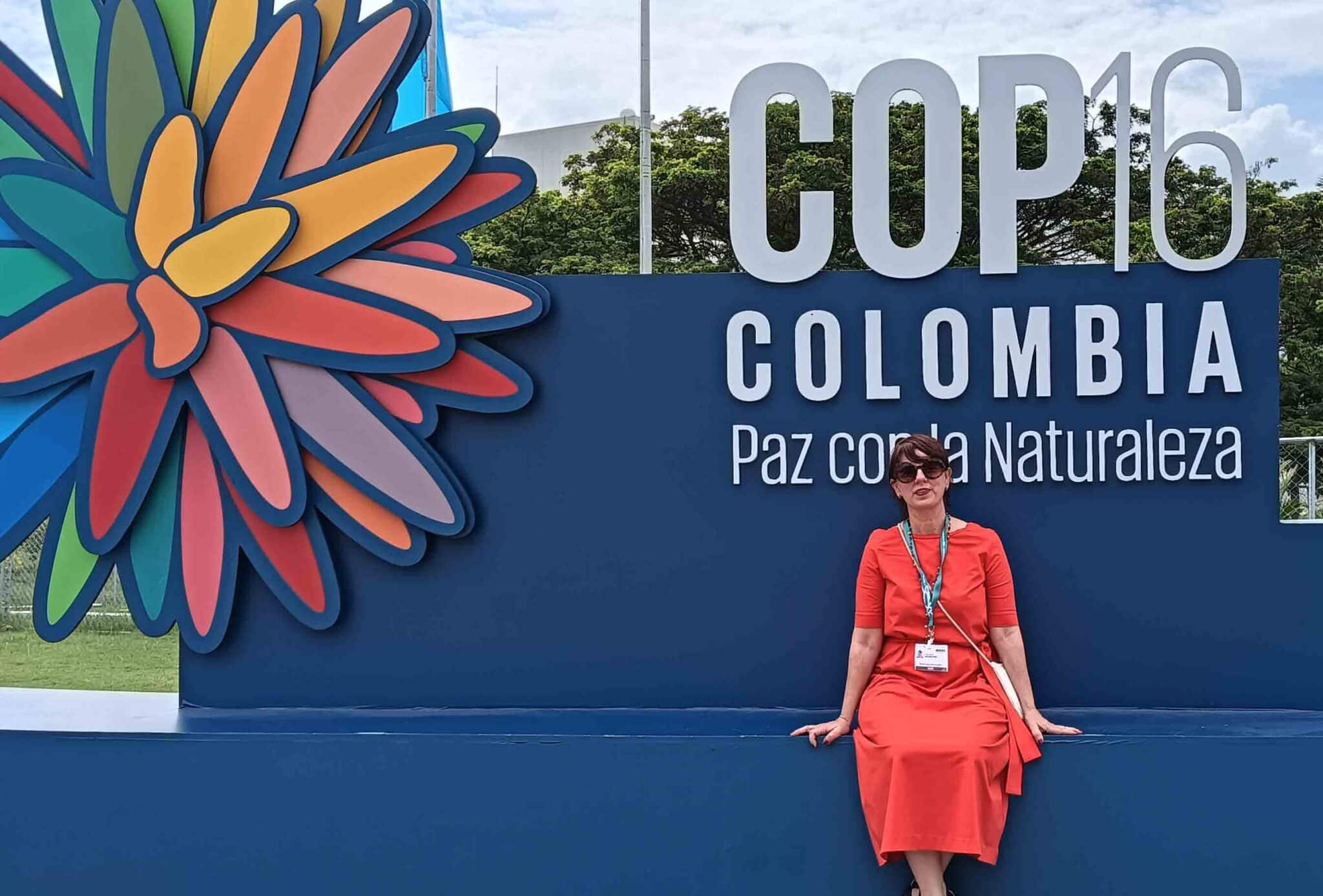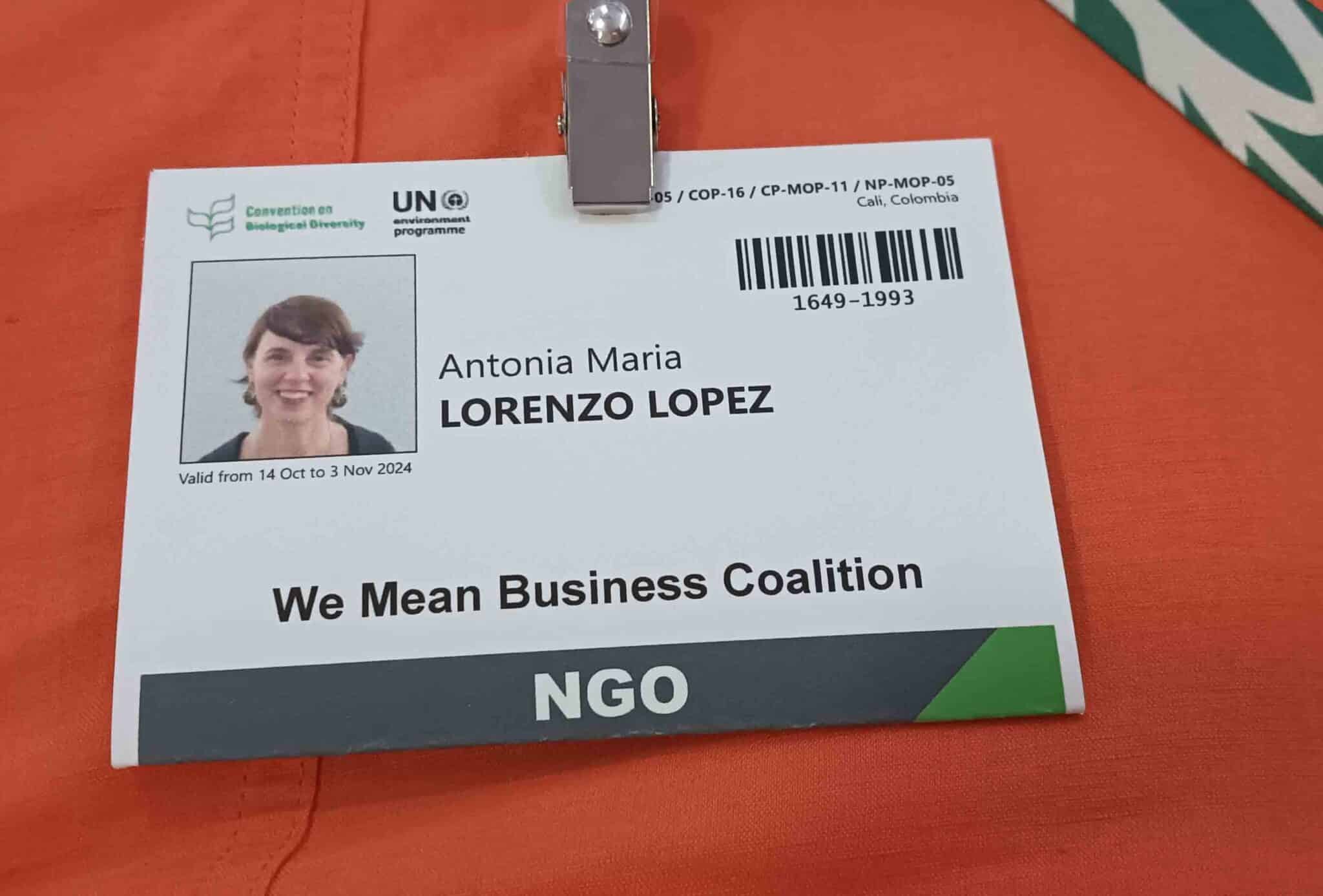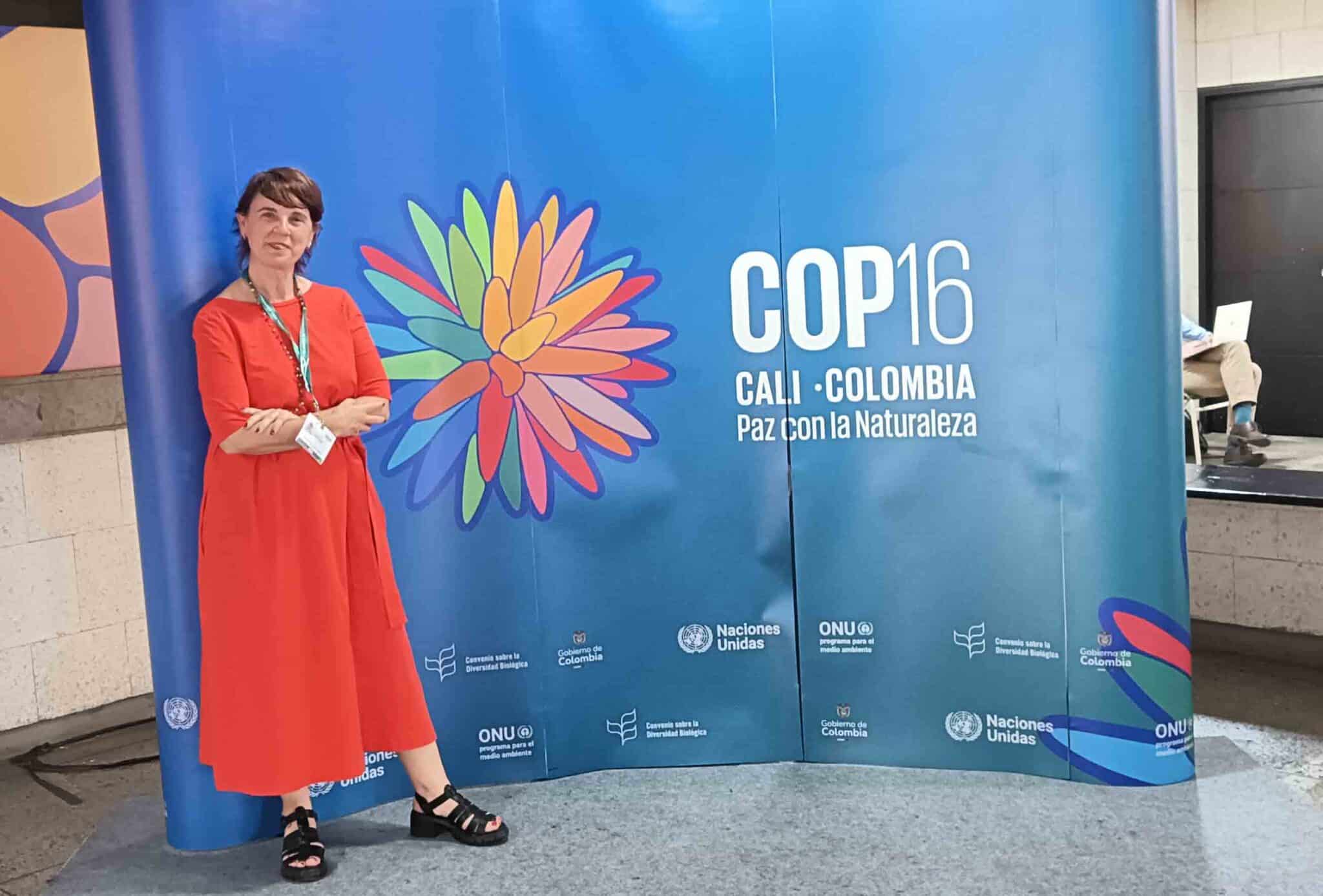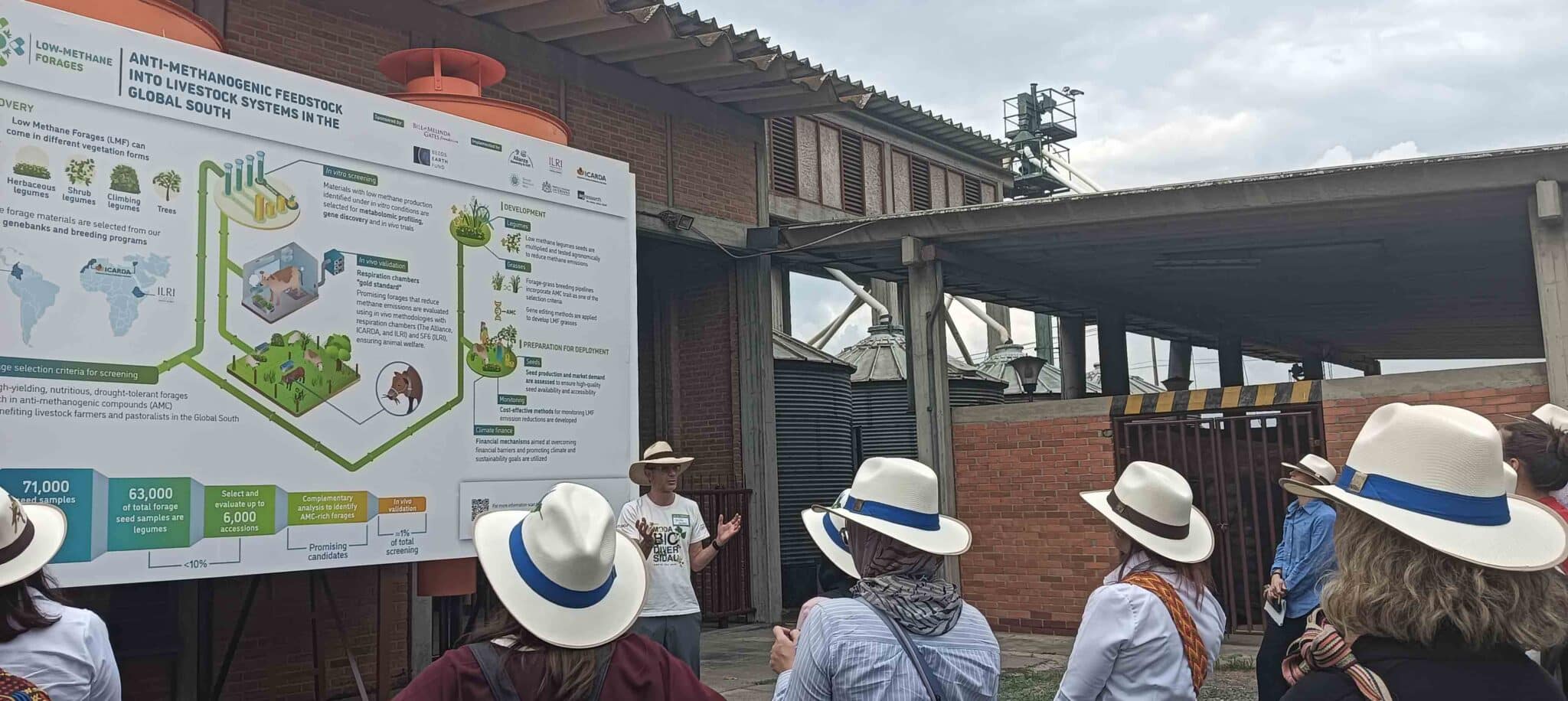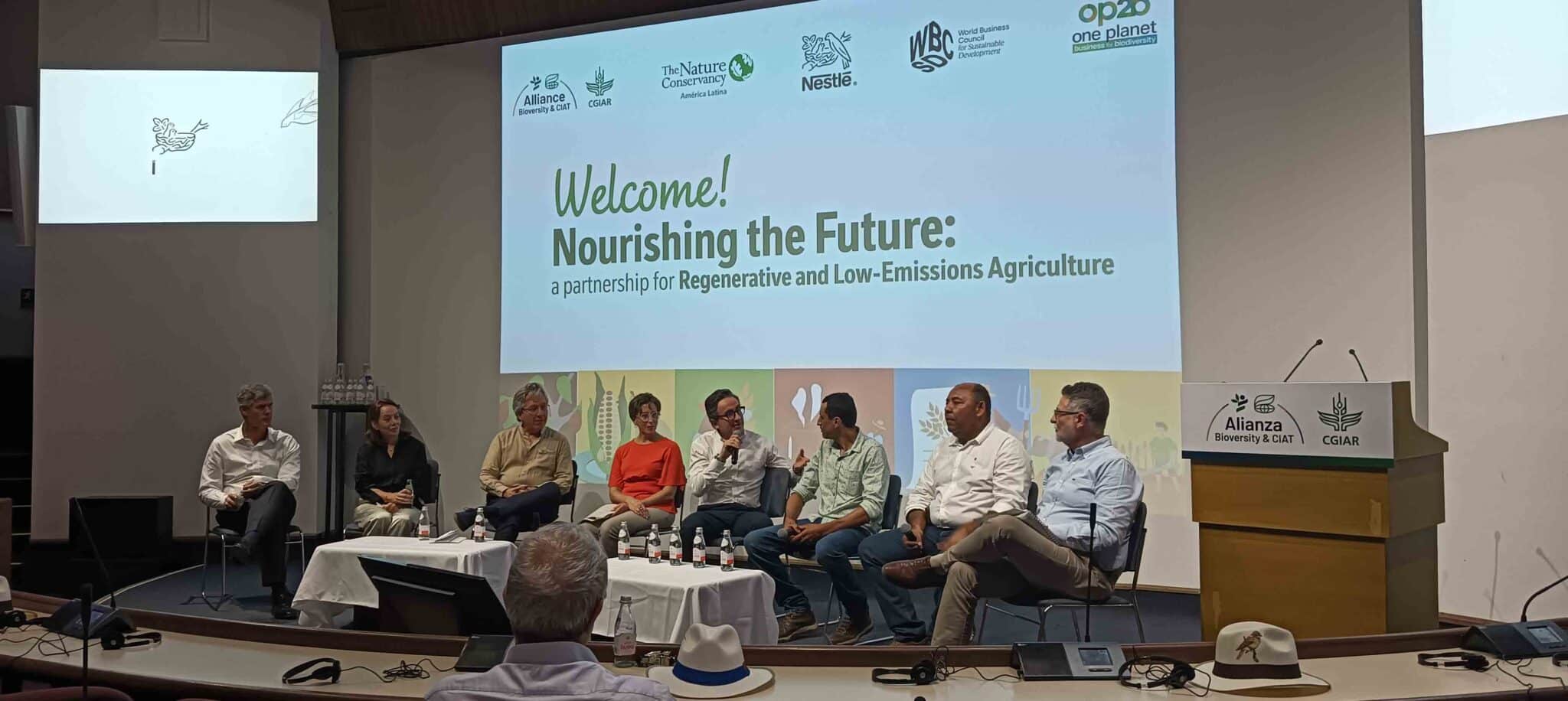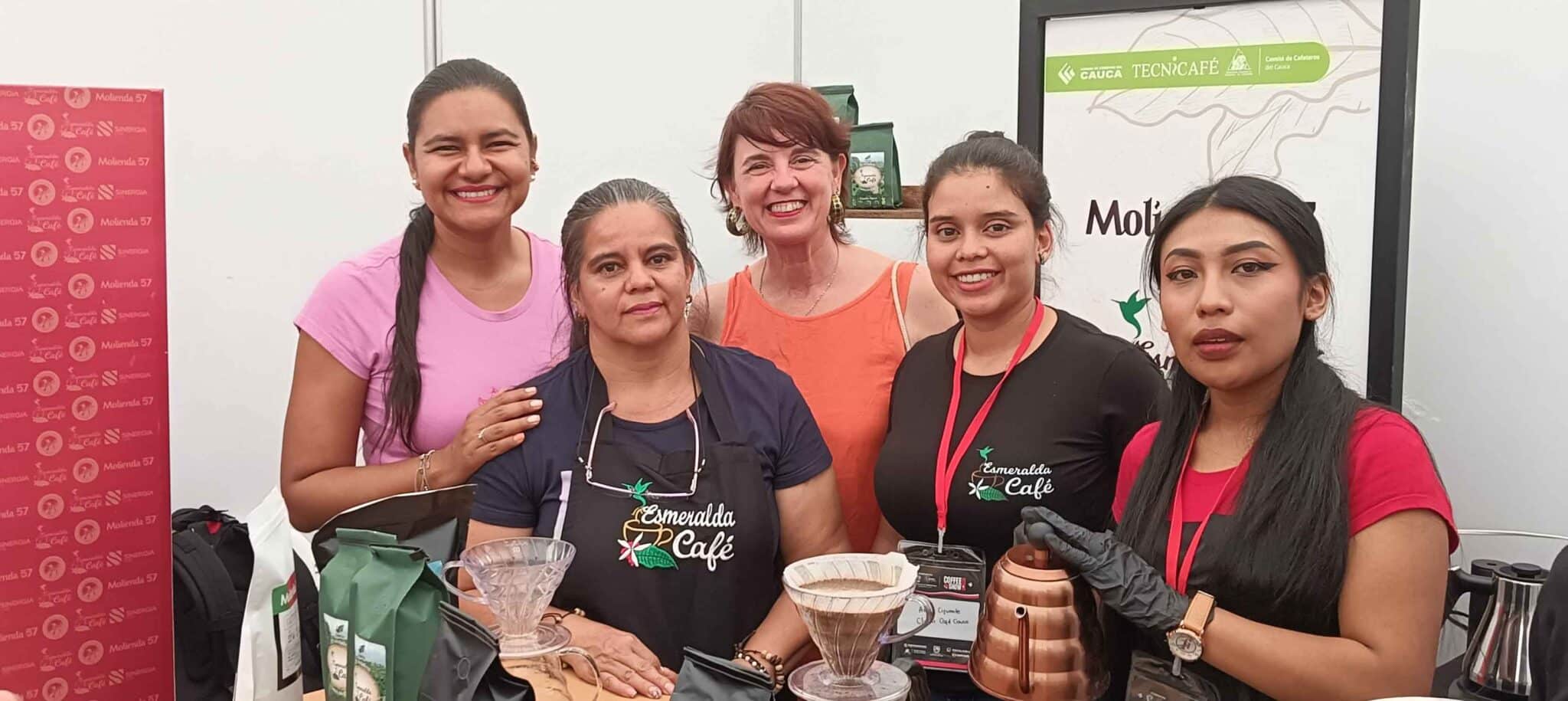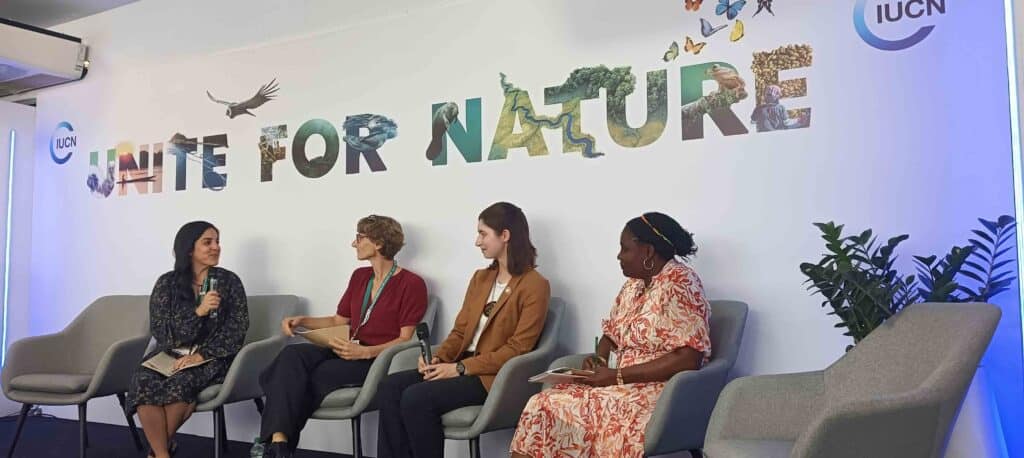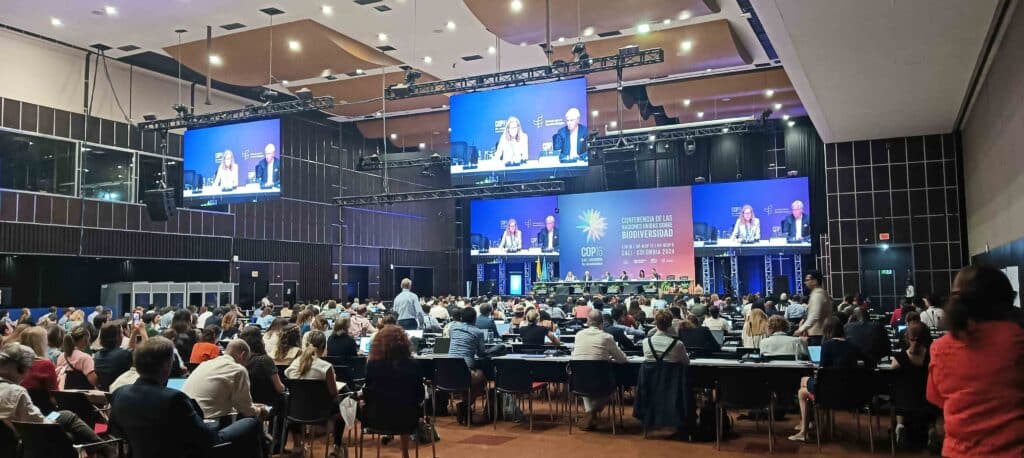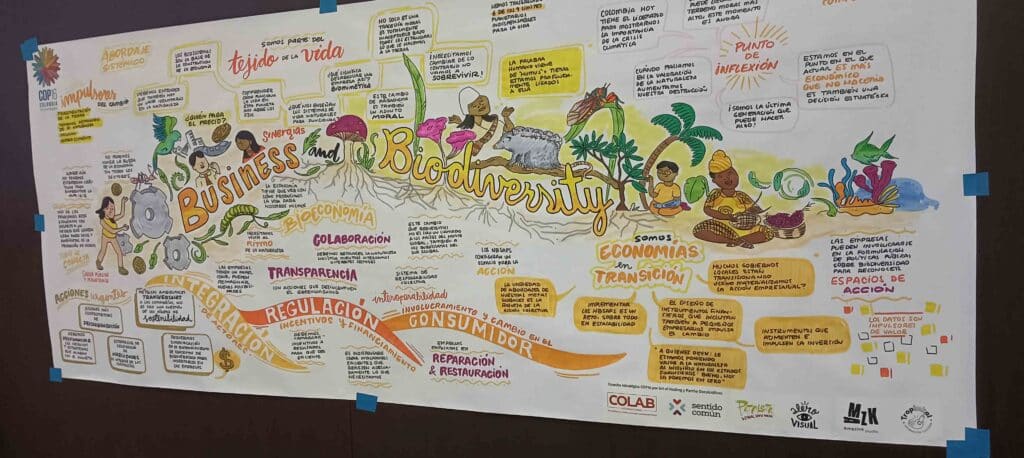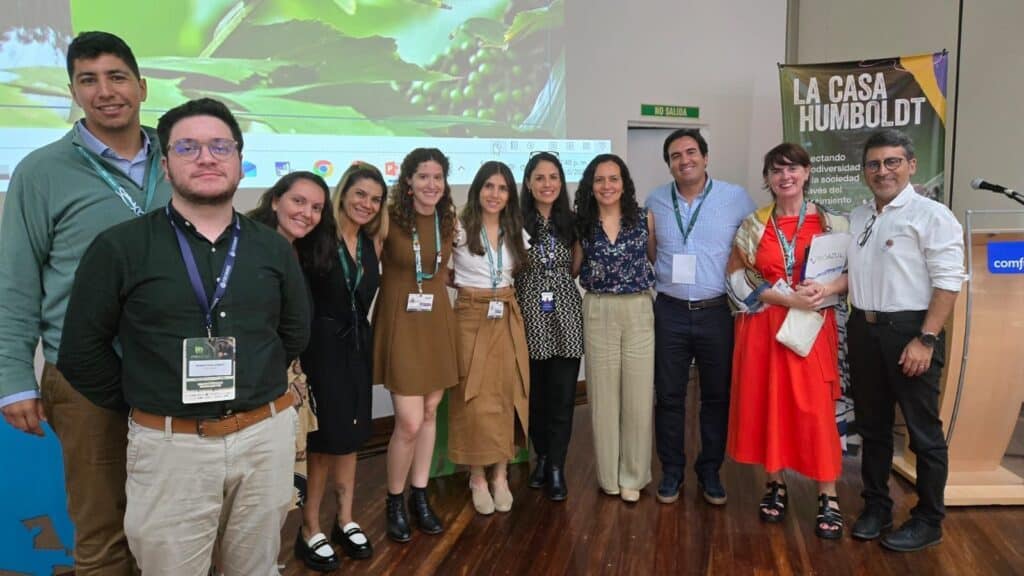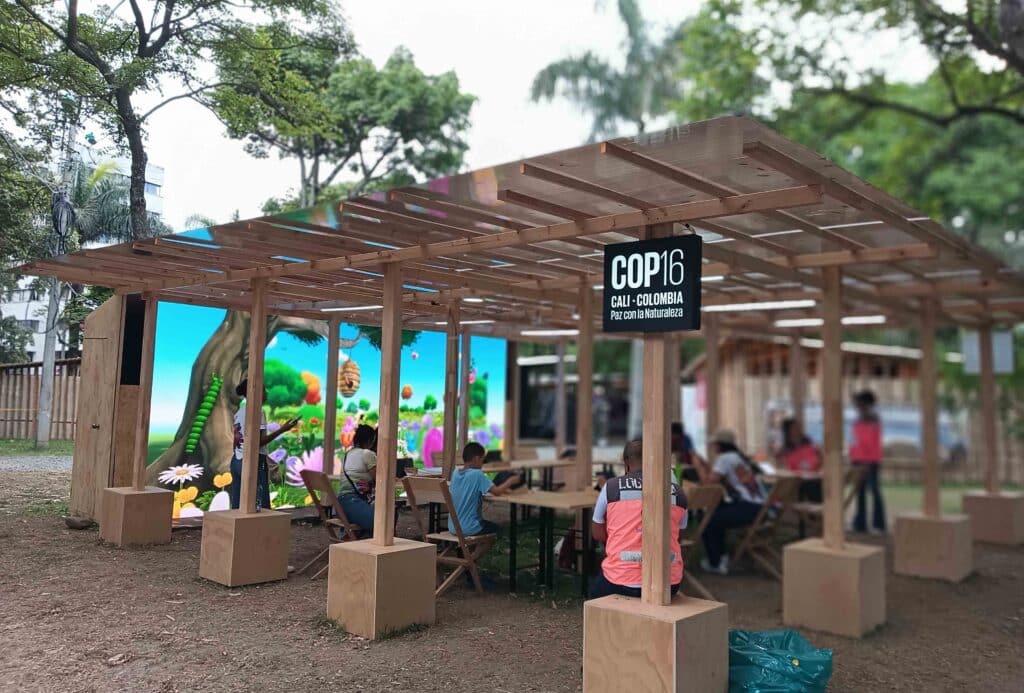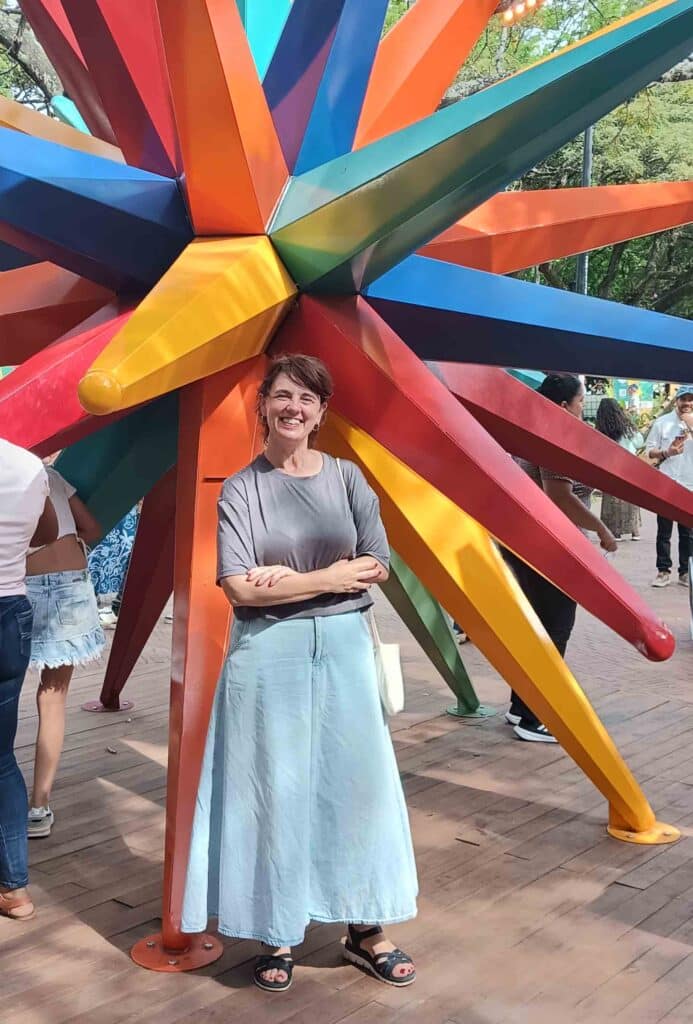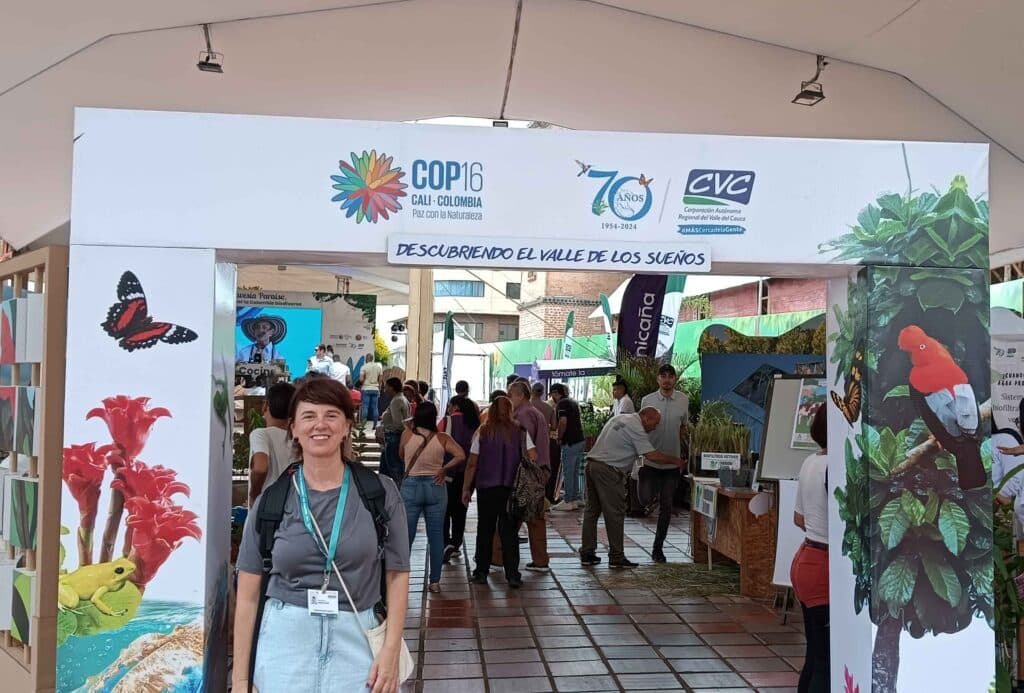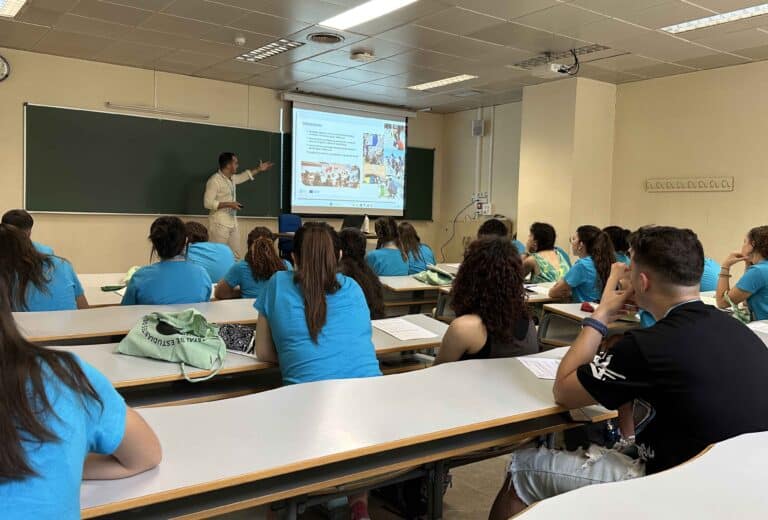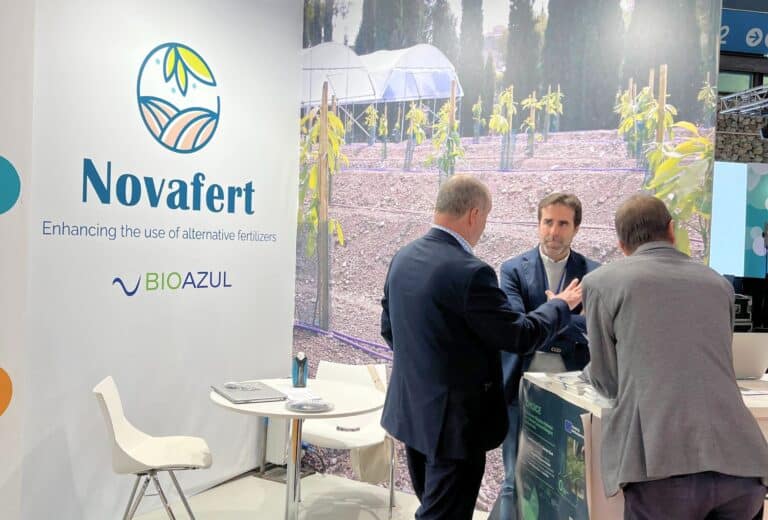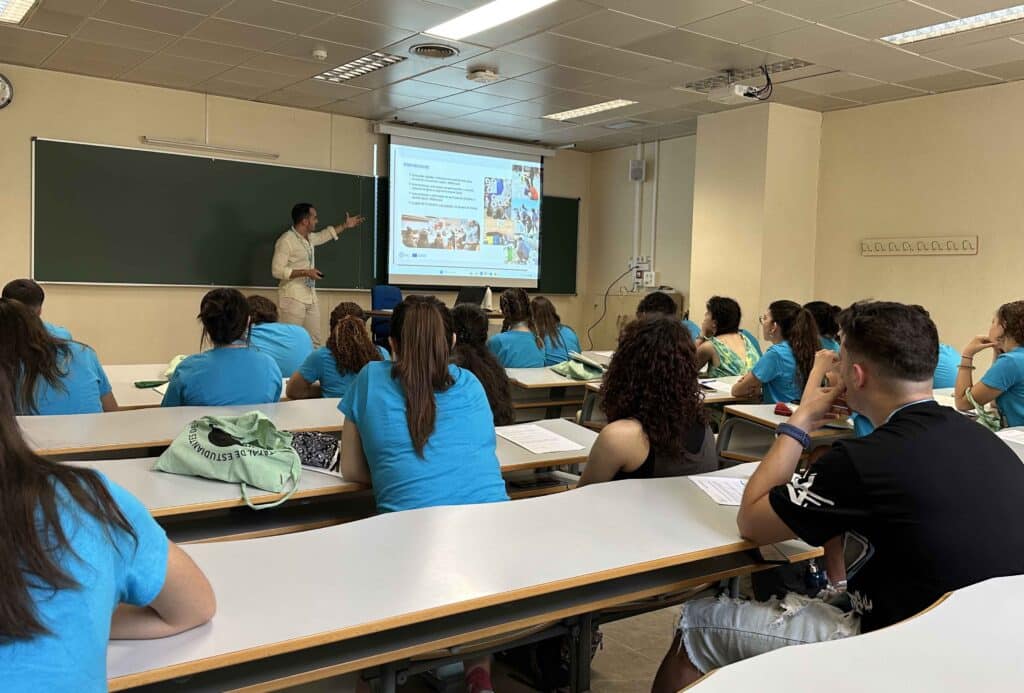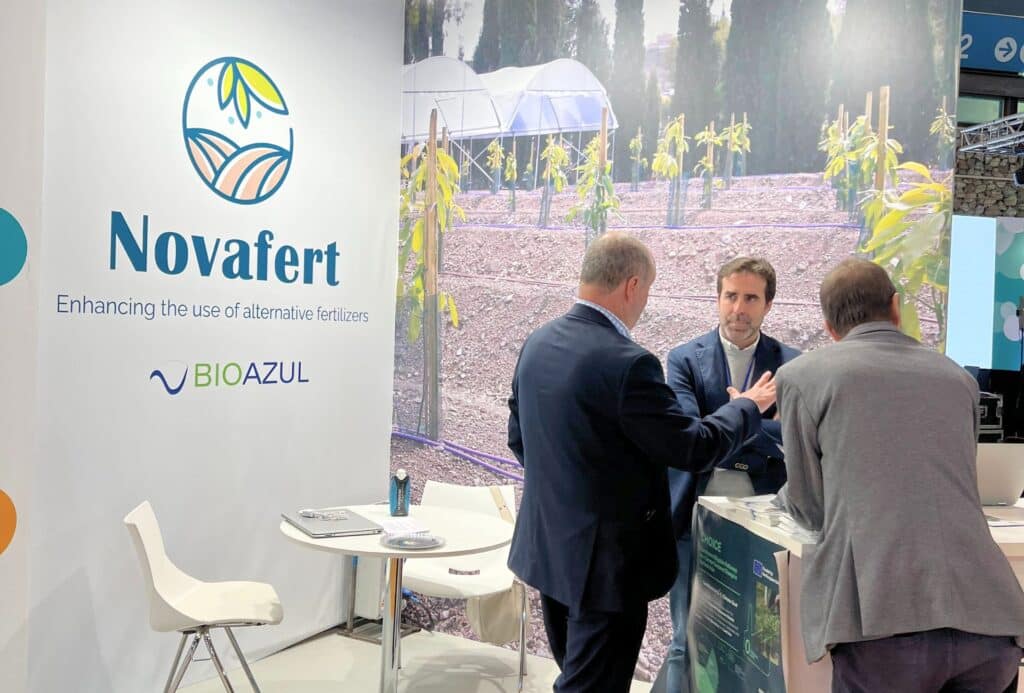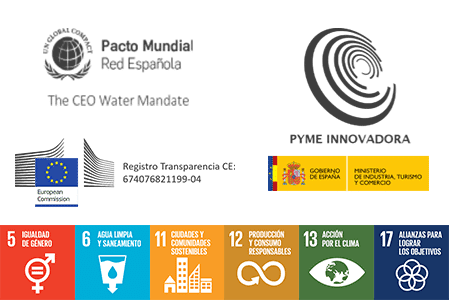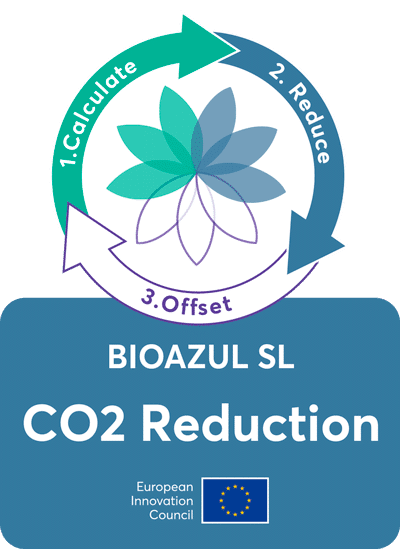It has been a pleasure and a great adventure for our CEO Antonia Lorenzo to participate in the Biodiversity UN COP16 in Cali (Colombia) representing BIOAZUL thanks to the Business for Nature and We Mean Business Coalition support.
“The COP 16 High-Level segment signalled willingness to pursue peace with nature—a vision in which healthy ecosystems and a stable climate underpin sustainable development.” (UN,2024)
On 2022, the Kunming-Montreal Global Biodiversity Framework (GBF) was adopted at the COP15 after four years of consultation. The GBF sets out an ambitious roadmap, including 23 targets for 2030 and 4 goals for 2050, to reach the global vision of a world living in harmony with nature by 2050.
The COP16 has taken place two years after the adoption of the GBF to revise the progress on the achievement of the 2030 goals. COP16 underscored the urgent need for action and indicate the need to accelerate implementation of biodiversity targets; address the $200 billion annual biodiversity financing gap; and to reform environmentally harmful subsidies, currently estimated at $2.6 trillion annually.
Main outcomes and agreements can be summarised as follows:
- The Cali Fund operationalized a voluntary mechanism for sharing benefits from digital sequence information (DSI). The Cali Fund aims at ensuring fair contributions from businesses using genetic data to benefit Indigenous Peoples, local communities, and biodiversity efforts.
- Indigenous and Local Communities’ Leadership: A permanent subsidiary body under Article 8(j) was created, elevating the role of Indigenous Peoples and local communities in biodiversity decision-making. It aims at recognising traditional knowledge and leadership as integral to conservation efforts.
- In terms of National Implementation, progress noted with 119 countries submitting biodiversity targets, though only 44 updated their National Biodiversity Strategies and Action Plans (NBSAPs). Canada launched a $3 million NBSAP Accelerator Partnership to support developing countries.
- Global Biodiversity Framework Fund (GBFF): Mobilized contributions, with $163 million pledged during COP16.
Regarding some specific topics relevant for BIOAZUL such as water and circular economy, they were not primary focus at the COP16 but, in terms of water, many discussions indirectly addressed critical water issues through marine protection, invasive species management, sustainable agriculture, and the integration of biodiversity and climate agendas. Nature-based solutions, funding mechanisms, and Indigenous leadership also provide significant opportunities to advance water conservation efforts within the broader biodiversity framework.
Moreover, circular economy, though relevant to biodiversity goals, was underrepresented in discussions. Advocates highlighted its potential to eliminate waste, tackle emissions, reduce resource pressures and regenerate nature.
Despite some progress, unresolved issues such as financing mechanisms and monitoring hindered full implementation.
During her time in Cali, Antonia had the opportunity to attend several events in the Green Zone and in the Blue Zone which were very fruitful in terms of increasing my understanding on the GBF and COP16 goals, to get to know relevant experiences around the globe and also how my company can better integrate Biodiversity in our business. Here a short summary of those events:
Her COP16 experience started on the 26th November 2024 attending the “Nourishing the future: a partnership for Regenerative and Low-Emissions Agriculture” event organised by Alliance Biodiversity & CIAT in cooperation with NETSLE and The Nature of Conservancy, focuses on the promotion of agricultural practices that respect and restore biodiversity, reduce carbon emissions and ensure food security for future generations. The event included a tour to Alliance Biodiversity & CIAT facilities in which several projects and initiatives were presented on future seeds, regenerative agriculture, carbon sequestration and Low-methane forages for whoch we had the opportunity to visit the most advanced respirometry chambers in Latin America to measure methane emissions from livestock.
She had also the opportunity to attend the dialogue on the challenges and opportunities of scaling up regenerative agriculture and listen first hand testimonials from coffee, sugar cane and livestock farmers that are committed to implement measures to turn more sustainable.
On the 27th in the morning, Antonia visited a special area in the Green Zone dedicated to Coffee and met TECNiCAFE representatives, with whom we cooperate within the Horizon Europe project CHOICE. These women, mother and daughters, work with dedication and love in the coffee sector, getting trained and supported by TECNiCAFE.
In the afternoon she went for the first time the Blue Zone where she attended at the IUCN Pavilion: Gender Equality for Climate and conservation solutions: advancing Target 23 and Objective 1 of the Gender Plan of Action towards gender equality for biodiversity impact, where inspiring case studies in Kenya and with indigenous women (Métis) in Canada. Several topics were discussed such as financing gender and the need to avoid “gender blinded projects” in the future.
It was quite impressive to enter in the Sierra Nevada meeting room and listened a panel on leadership to integrate Biodiversity in the private sector.
Monday the 28th was devoted to visit as much as possible of the Green Zone located in the city centre. It was great to see people from all around the world working for Biodiversity and celebrating the opportunity to meet in Cali. Also, it was very satisfactory to see how the entire city and the “caleños” were deeply involved in the COP16.
The whole morning on the 29th was for attending the Business Sprint “Capacity Building Workshop to Drive Business Action” organised by Business for Nature, Capitals Coalition and WBCSA at Humbolt House. The event was business focused aimed at sharing knowledge and build capacity for businesses on nature. BIOAZUL is in the developing stage in terms of assessing our impacts and dependencies on nature. The very participatory workshop was of much help to enhance my understanding oof the core elements to be considered for developing a nature strategy.
In the afternoon, Ms Lorenzo visited for the last time before coming back to Spain the Blue Zone. She joined several side events such as “Whole of Society approach to achieve GBF Target 6 regarding IPBES assessment reports, G7 statement on IAs and NBSAPs” at the Nuqui Pavilion and on Business and Finance with the participation of farmers associations at the Place Quebec.
To sum up, the opportunity to attend COP16 has been very enriching and enlightening. She has been able to learn about aspects of biodiversity that shed did not know about and biodiversity interconnections (nexus) with our work areas. It has been clarifying as well how we can develop a business strategy on nature. Lert´s hope I could go on learning in Armenia COP17 in 2026!.
